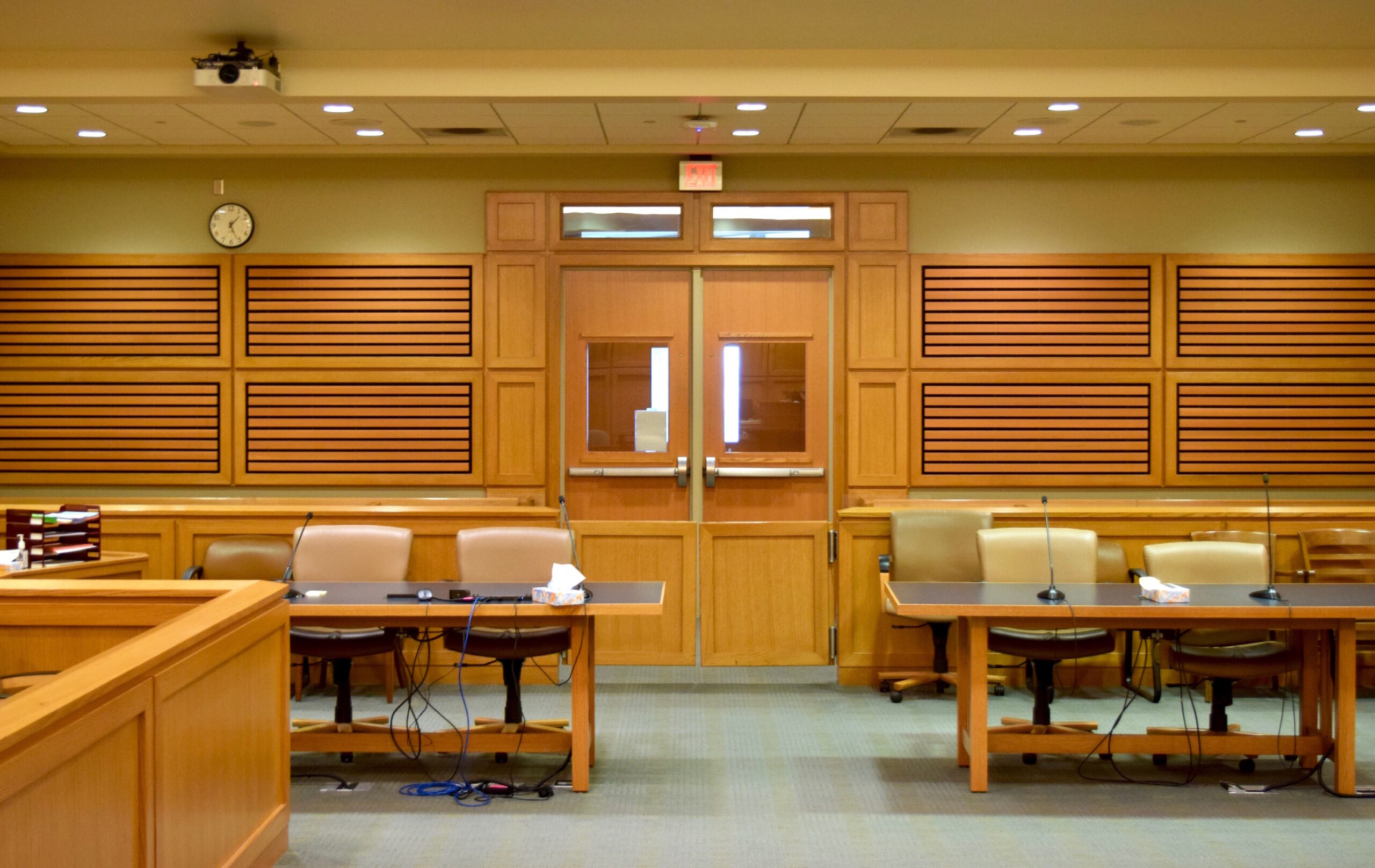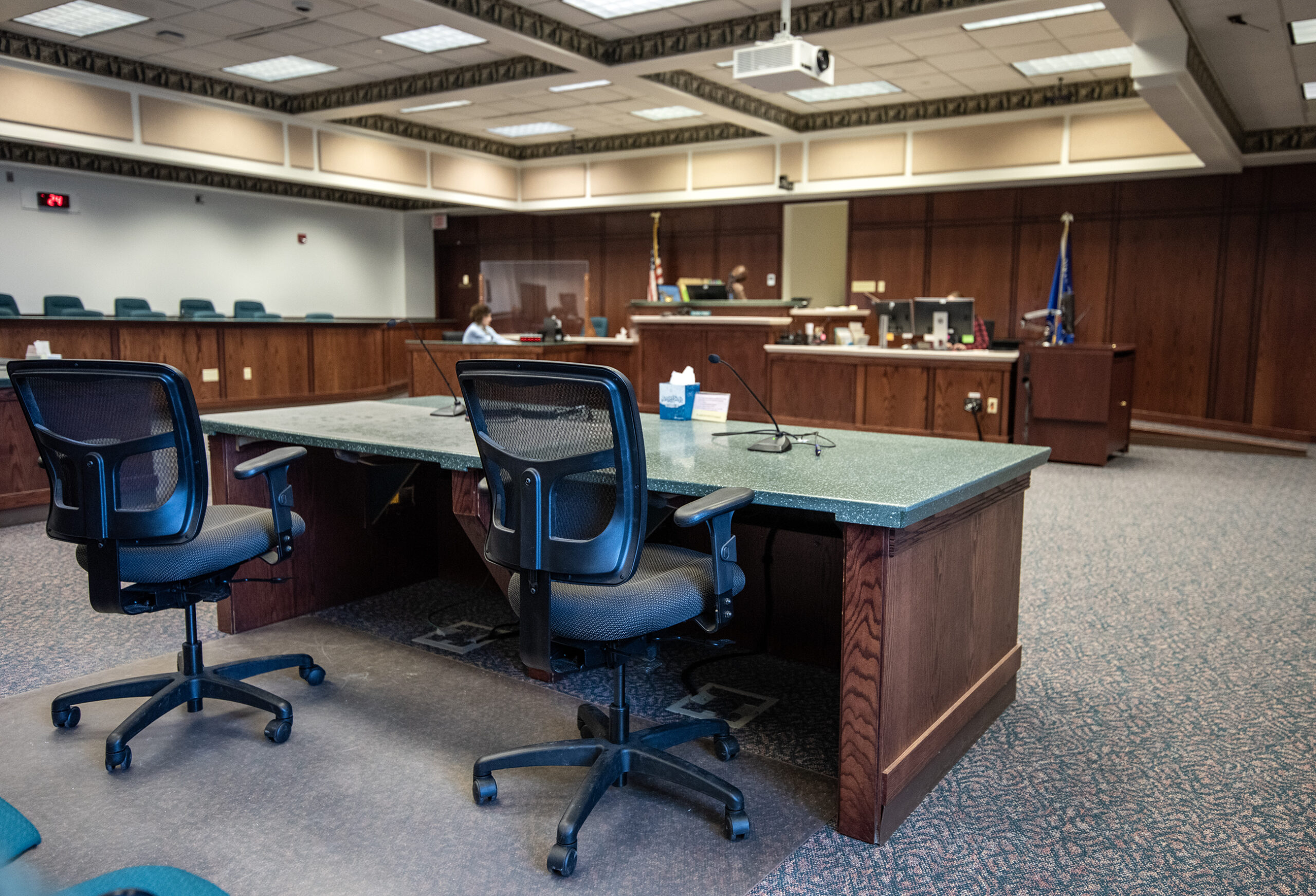Open records advocates are raising concerns about a provision in a bill that boosts compensation for people who have been wrongfully convicted.
The bill, now headed for the state Senate, increases the maximum compensation a person can receive from $5,000 to $50,000 for each year they served time in prison. It also allows exonerees to have a court seal all the records in the case.
The president of the Wisconsin Freedom of Information Council, Bill Lueders, said that will make it harder to correct the errors police and prosecutors make when convicting an innocent person.
Stay informed on the latest news
Sign up for WPR’s email newsletter.
“For this to somehow all to be buried and kept from public view is just the wrong way to go,” said Lueders. “We need to have access to this material so we can learn from our mistakes, not cover them up.”
Exoneree Jarret Adams, who served eight years for a rape he didn’t commit, said he wants his records sealed. He said after his release, court records prevented him from renting an apartment and getting a loan to go to law school.
Lueders said instead of sealing the records, the state should add information to court records so that it’s clear exonerees are victims of mistakes made by the justice system, not criminals.
Adams said that information is already available in online court records. However, both the bank and the landlord he dealt with ignored the disclaimer in his record that said his case had been overturned and that he was innocent.
“They don’t want to hear any of this, ‘Oh, well the state made a mistake,’” said Adams. “My argument is, why should it be in there? If the conviction isn’t on our record, why should that be on our record?”
Lueders said he hopes legislators consider removing the provision calling for sealing the records.
The Assembly bill passed the bill unanimously earlier this week. The Senate is expected to follow suit.
Editor’s note: This story has been updated to add a correct byline.
Wisconsin Public Radio, © Copyright 2024, Board of Regents of the University of Wisconsin System and Wisconsin Educational Communications Board.





